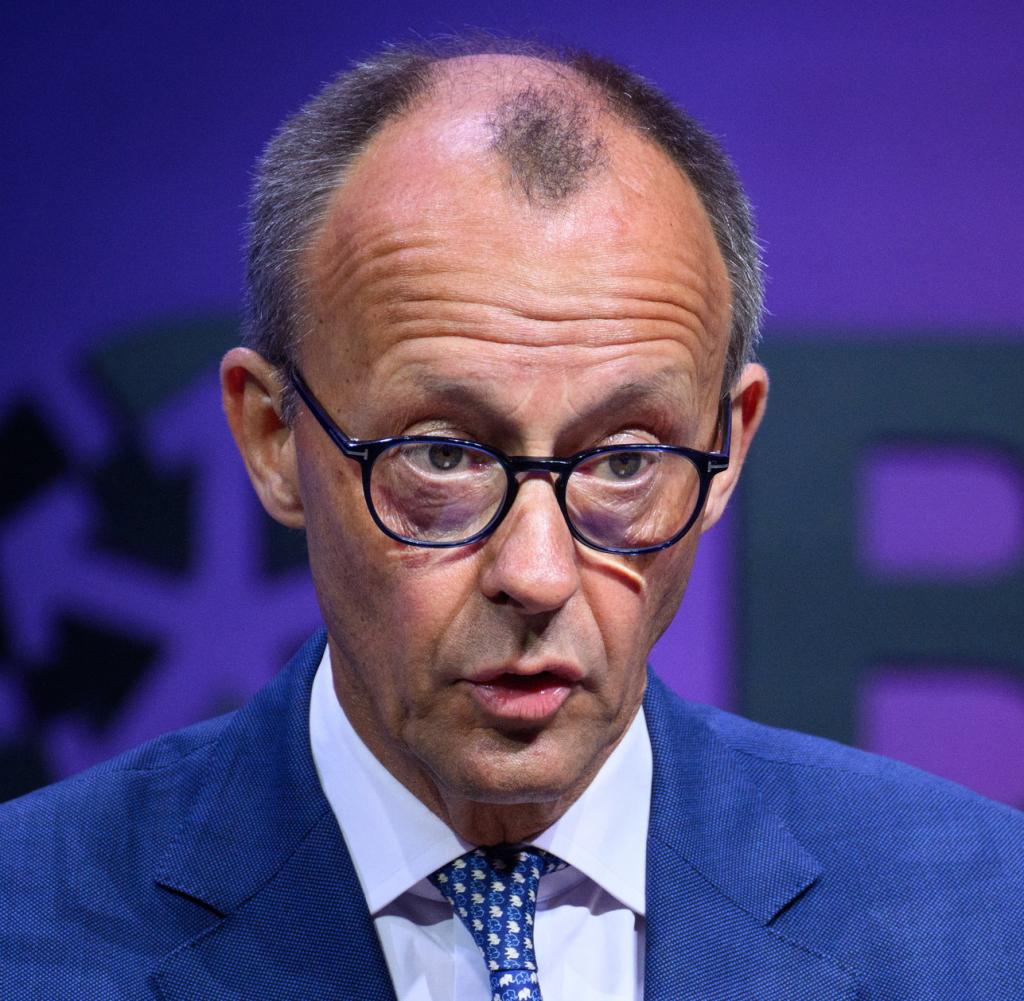CDU leader Friedrich Merz has spoken out in favor of new trade agreements for the European Union and fewer requirements for trading partners. It is a key European task to ensure that the EU becomes more competitive, said Merz on Tuesday at the Industry Day in Berlin. “And that explicitly includes the conclusion of new free trade agreements.”
Merz also said that trade agreements should not be “overloaded” with domestic political goals such as occupational safety or environmental protection. In doing so, he largely agrees with the demands of industry: The President of the Federation of German Industries (BDI), Siegfried Russwurm, criticized on Monday the attempt to enforce European values in other countries through economic pressure as “naive.” When it comes to free trade agreements, “pragmatism must come before idealism.”
At the BDI event on Monday, Chancellor Olaf Scholz (SPD) promised to lobby the new EU Commission to conclude new free trade agreements. He did not comment directly on the reduction of environmental and human rights requirements, but also called for more pragmatism.
Merz and Scholz agree that trade agreements should be concluded that only require the green light at EU level and no ratification by individual member states. That would be “real progress,” said Merz. In Germany, it took seven years to vote on the free trade agreement with Canada. “How long will it take then with a Mercosur agreement or other agreements?” asked the CDU leader.
The agreement with the South American Mercosur states, which was negotiated several years ago, is hanging in the balance due to environmental concerns and criticism from European farmers. The Ceta agreement with Canada is already being provisionally applied, but has not yet been ratified by all EU states.
With regard to China, Merz said that there should be “no escalation of a trade conflict”. Germany and the EU should “do everything” “to avoid an escalation”. The European Union must not only limit the trade conflicts, but also “move forward forcefully” in the area of trade policy.




